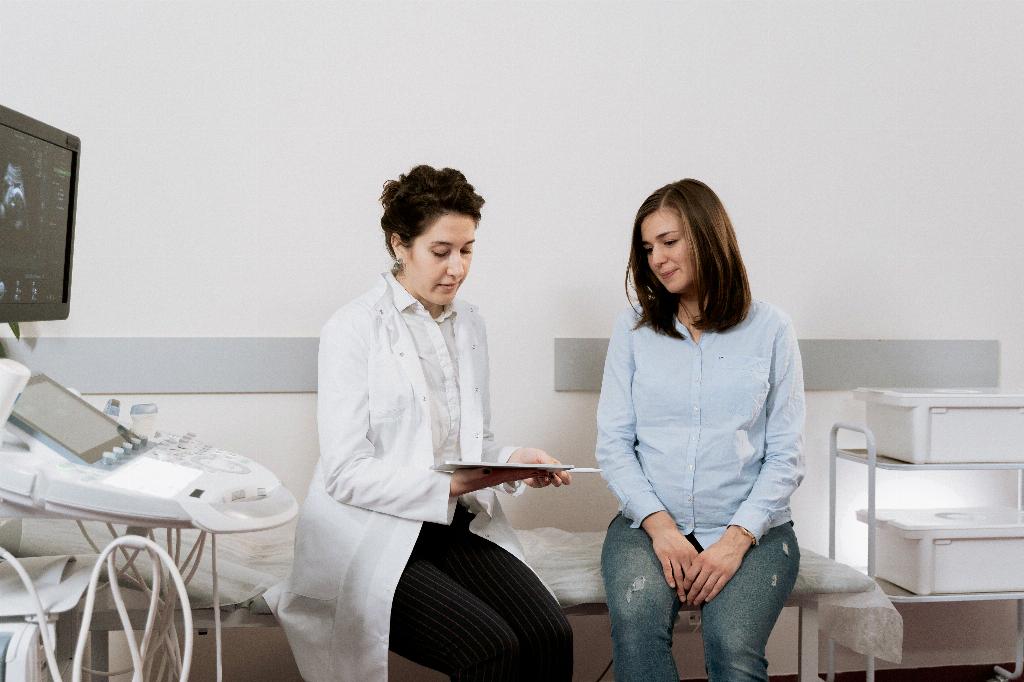Entering the sixth week of pregnancy can bring about a mix of emotions and physical changes. One common question many expectant mothers have is, “How does your stomach feel at 6 weeks pregnant?” As your body adjusts to the changes of pregnancy, your stomach may start to feel slightly different than before.
At this early stage of pregnancy, your 6-week-pregnant bump is not yet pronounced, so it’s mostly you who will notice any subtle differences in the way your stomach feels. While your bump may not be visibly larger to others, you may start to experience sensations like cramping and bloating, making your belly feel somewhat fuller or more sensitive than usual.
The increasing levels of progesterone in your body contribute to the relaxation of smooth muscle tissue, which can lead to bloating and gas. As a result, you may feel some abdominal discomfort and bloating, causing your stomach to feel more tender or distended at times.
Many women also report experiencing some mild cramping around this time, which is normal as your uterus begins to expand to accommodate the growing embryo. These cramps may feel similar to menstrual cramps or like a dull ache in your lower abdomen, signaling changes as your body prepares for the development of the baby.
While some women may start to notice these subtle changes in how their stomach feels at 6 weeks pregnant, others may not experience any significant discomfort at this stage. Every pregnancy is unique, and individual experiences can vary widely, so it’s essential to listen to your body and pay attention to any unusual or severe symptoms.
Additionally, hormonal changes during pregnancy can affect digestion and lead to symptoms like constipation or indigestion, which may further contribute to stomach discomfort. If you’re feeling constipated, bloated, or experiencing other digestive issues, staying hydrated, eating fiber-rich foods, and engaging in gentle physical activity can help alleviate these discomforts.
Furthermore, the emotional and physical adjustments that come with pregnancy can also impact how you perceive the way your stomach feels. It’s natural to feel a mix of excitement, anxiety, and curiosity about the changes happening in your body, which can influence your overall well-being during this early stage of pregnancy.
Some women may start to notice changes in their breast size or sensitivity, in addition to the sensations in their stomach, as early pregnancy progresses. These physical transformations are all part of the body’s preparation for nurturing and accommodating the developing baby, signaling the remarkable journey of motherhood ahead.
As you navigate through the sixth week of pregnancy and beyond, it’s essential to communicate openly with your healthcare provider about any concerns or symptoms you may be experiencing. They can provide valuable guidance, support, and reassurance to help you feel more confident and informed during this transformative period in your life.
In conclusion, how your stomach feels at 6 weeks pregnant can vary from person to person, but it’s common to experience sensations like bloating, cramping, and tenderness as your body adapts to the changes of pregnancy. By staying attuned to your body’s signals, addressing any discomforts proactively, and seeking support when needed, you can navigate this early stage of pregnancy with greater ease and confidence.

